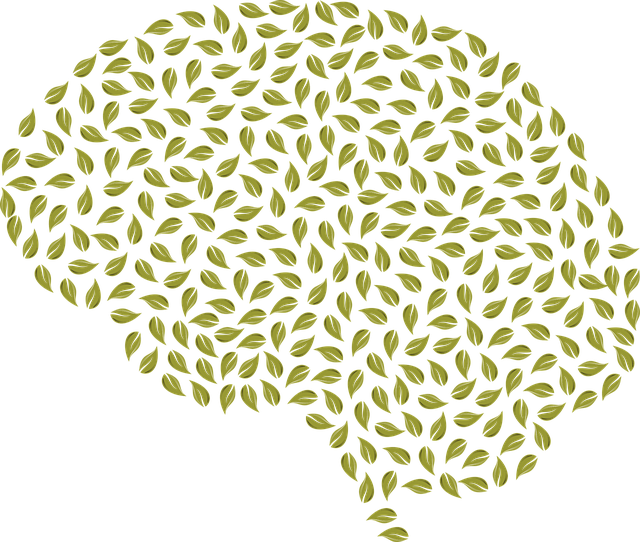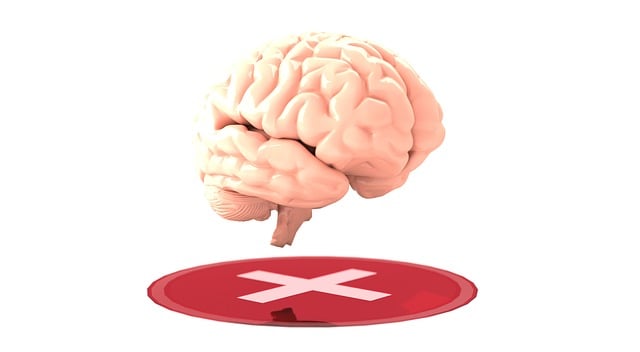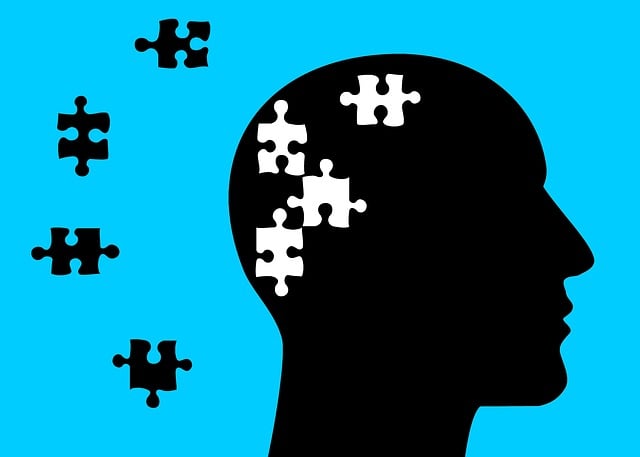Greenwood Village Blended Families Therapy leverages data-driven approaches and technology to provide personalized mental health support for diverse families. By analyzing individual assessments and community statistics, therapists tailor interventions targeting stress levels and promote effective self-care routines. This integrated approach, powered by sophisticated analytics, enhances timely interventions, improves outcomes, and guides policy development, fostering an inclusive and responsive mental health system. The case study method delves into family dynamics post-household merger, enabling tailored mental health education programs and precise risk assessments.
Mental health data analysis has evolved, driven by advancements in technology and a growing understanding of complex human behaviors. This article delves into the critical components of this process, offering a comprehensive overview of understanding mental health data. We explore the role of technology in data collection and analysis, highlighting its transformative impact on healthcare. Furthermore, we discuss interpreting findings to facilitate personalized therapy, drawing insights from Greenwood Village Blended Families Therapy—a case study approach showcasing the power of tailored interventions.
- Understanding Mental Health Data: A Comprehensive Overview
- The Role of Technology in Data Collection and Analysis
- Interpreting Findings: Unlocking Insights for Personalized Therapy
- Greenwood Village Blended Families Therapy: A Case Study Approach
Understanding Mental Health Data: A Comprehensive Overview

Understanding Mental Health Data is a crucial step in identifying trends and patterns within populations, especially diverse groups like Greenwood Village blended families. This data encompasses a wide range of information, from individual assessments to community-level statistics. By delving into these insights, therapists and support systems can develop tailored strategies for enhancing mental well-being. For instance, analyzing stress levels among family members can reveal unique challenges faced by blended families, leading to the implementation of targeted interventions.
Self-Care Routine Development for Better Mental Health is a key area where data interpretation plays a vital role. Identifying common barriers to self-care and stress reduction methods through systematic analysis allows therapists in Greenwood Village to guide families towards more positive thinking and healthier coping mechanisms. This data-driven approach ensures that support is personalized, effective, and tailored to the specific needs of each blended family, fostering a more supportive and resilient environment for all involved.
The Role of Technology in Data Collection and Analysis

The integration of technology has revolutionized mental health data collection and analysis, offering unprecedented opportunities for understanding complex human behaviors and emotions. Online platforms and digital tools have democratized access to therapy, especially in diverse communities like Greenwood Village Blended Families Therapy, where cultural sensitivity in mental healthcare practice is paramount. These advancements enable more individuals to seek support, ensuring that emotional healing processes are accessible and inclusive.
Through sophisticated data analytics, professionals can now identify patterns and trends within large datasets, facilitating evidence-based practices. This approach not only personalizes treatment plans but also guides Mental Health Policy Analysis and Advocacy efforts, shaping strategies to address community needs effectively. By leveraging technology, healthcare providers can offer timely interventions, improve outcomes, and contribute to the ongoing discourse surrounding mental health policy development.
Interpreting Findings: Unlocking Insights for Personalized Therapy

Interpreting findings from mental health data analysis is a pivotal step in unlocking valuable insights for personalized therapy, especially within diverse communities like Greenwood Village’s blended families. By delving into the numbers, healthcare professionals can identify patterns and trends that reflect the unique needs of these families. For instance, analysis might reveal specific challenges faced by blended children, such as adjustment issues or identity struggles, which can guide therapists in tailoring interventions to address these concerns directly.
This process involves not only identifying common mental health issues but also understanding the cultural nuances within Greenwood Village’s diverse population. The development of Mental Wellness Coaching Programs and Healthcare Provider Cultural Competency Training plays a crucial role here. By equipping coaches and providers with the skills to navigate cultural barriers, these initiatives ensure that support is accessible and effective for all families, fostering an inclusive environment conducive to healing and growth. Community Outreach Program Implementation can further enhance this process by connecting families with the resources they need, ensuring no one falls through the cracks.
Greenwood Village Blended Families Therapy: A Case Study Approach

Greenwood Village Blended Families Therapy offers a unique and insightful case study approach to understanding mental health challenges within blended families. This therapeutic model focuses on the intricate dynamics that arise when biological and step-parents, along with their children, merge households. By analyzing these complex relationships, mental health professionals can gain valuable insights into potential risk factors and design effective mental health education programs.
The case study method allows for a deep exploration of individual family narratives, identifying specific emotional well-being promotion techniques that resonate within each unique blend. This tailored approach ensures that interventions are not one-size-fits-all but rather adapted to the specific needs of blended families, enhancing the overall effectiveness of risk assessment for mental health professionals. Through this lens, therapists can navigate the intricate labyrinth of family dynamics and foster positive change.
Mental health data analysis is a powerful tool in understanding and treating individual needs, as demonstrated by the case study of Greenwood Village Blended Families Therapy. By combining technology with expert interpretation, professionals can unlock valuable insights to personalize therapy and improve outcomes for diverse populations. This approach ensures that mental health services become more accessible, effective, and tailored to each person’s unique journey.














